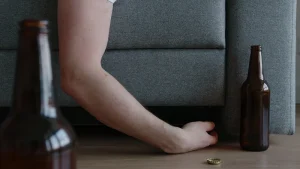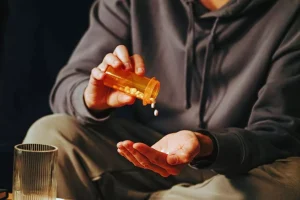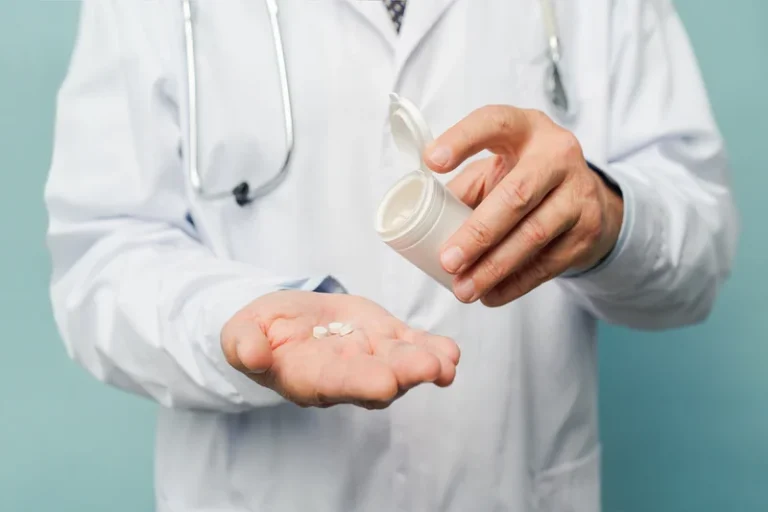
Research has identified relapse patterns in adolescents and adults recovering from addiction. In one study, two-thirds of the adults relapsed in social situations in which they experienced urges and temptations to drink or use. One third experienced relapses when they were experiencing negative emotions vacationing in recovery and urges to drink/use. By contrast, most adolescents relapsed in social settings when they were trying to enhance a positive emotional state. A small group of adolescents relapsed when facing interpersonal difficulties accompanied by negative emotions and social pressures to drink or use.

Medically Monitored Alcohol Detox in MA provides safety, support, and medication as you break the grip of alcohol.
However, everyone needs a break occasionally and a vacation is an important way to rejuvenate the body. While too much downtime for someone in recovery could lead to temptation and relapse, there are plenty of tips for vacationing happily without threatening your sobriety. Envision what your trip can be like without drugs or alcohol. Imagine the joy you’ll feel when you experience new places and activities with full clarity of mind and bodily control.
- You might miss the days when drinking seemed to enhance celebrations.
- Herren Project offers multiple online recovery meetings every night of the week and is a great resource for support.
- Keep reading to learn healthy ways to handle various emotions in recovery.
- You are encouraged to report negative side effects of drugs to the FDA.
Consider a sober vacation group or a location with sober-friendly options.
The Diagnostic and Statistical Manual of Mental Disorders (DSM) avoids the terms addiction and recovery. Sustained remission is applied when, after 12 months or more, a substance is no longer used and no longer produces negative life consequences. But attention to the addiction is only one facet of recovery. Recovery involves rebuilding a life— returning to wellness and becoming a functioning member of society. Every person needs a comprehensive recovery plan that addresses educational needs, job skills, social relationships, and mental and physical health.
Phone, Video, or Live-Chat Support
Buried anger can slowly eat away at you, threatening to explode at the worst times and in inappropriate ways. Ahealthierphilly also reserves the right to temporarily or permanently discontinue this website, any page or any functionality at any time and without any notice. The contents of this website, such as text, graphics, images, and other material contained on this website, are for informational purposes only and do not constitute medical advice. However in recovery, unplugging does not mean disconnecting from our sober support network.
We do not set the policies for each destination, that is determined by their individual governments. You are absolutely allowed to bring your spouse/partner if they are not sober. We are not the alcohol police, and have not yet had an instance where someone’s drinking caused a problem for the group. Flights, transfers &/or gratuities are not included, however. If you get overwhelmed or triggered, find a place where you can quietly meditate, take a nap or enjoy a book or a movie until you’re ready to rejoin activities.
Planning a Vacation with a Loved One in Recovery
It’s important to ensure that your plans are in line with your recovery and that your vacation time does not interfere with your sobriety. When you’re in recovery, it’s necessary to have a proper plan — even when on vacation. A vacation shouldn’t be used as a way to avoid problems — especially for someone in recovery — because chances are, you may be faced with several new travel-related problems.
- You can be held accountable by others that way because they can call when you should be back from an activity or talk to you about the things you did each day.
- Review your activities, transportation, and menus for the next day the night before.
- Once you’ve reviewed the most likely triggering scenarios, it’s time to decide how you will react to them.
- The shifts in thinking and behavior are critical because they lay the groundwork for changes in brain circuity that gradually help restore self-control and restore the capacity to respond to normal rewards.
- The evidence shows that every day, people choose to recover from addiction on their own.
If you or a loved one need help reaching recovery, help is available. Contact the Recovery VIllage to learn about evidence-based treatment plans that treat the whole person, so you can find lasting healing. Free addiction treatment programs and resources are also available for people with low or unstable incomes. Talk https://ecosoberhouse.com/ to your insurance provider about your coverage, or talk to a healthcare professional for affordable treatment in your area. If substance use was once your preferred way to socialize, sobriety can feel like a lonely place. If your friends are far away, host a virtual watch party to enjoy a movie or TV show together.

This can also be by staying connected through apps or online forums to stay in touch with your support network while away. For me, feeling unwell is a big trigger, so I avoid that trigger by wearing comfy clothes on planes and road trips, bringing along over-the-counter painkillers and anti-diarrhea meds, and drinking enough water. I also personally find hanging out around people who are inebriated to be triggering, so I navigate that by deciding how I’ll respond if my companions or other vacationers are intoxicated around me. I might plan to head to my room early, or if that’s not possible, I might bring earbuds and plan to distract myself with a video while I wait until I can leave.
The Signs of Vicodin Abuse: Understanding Key Symptoms

